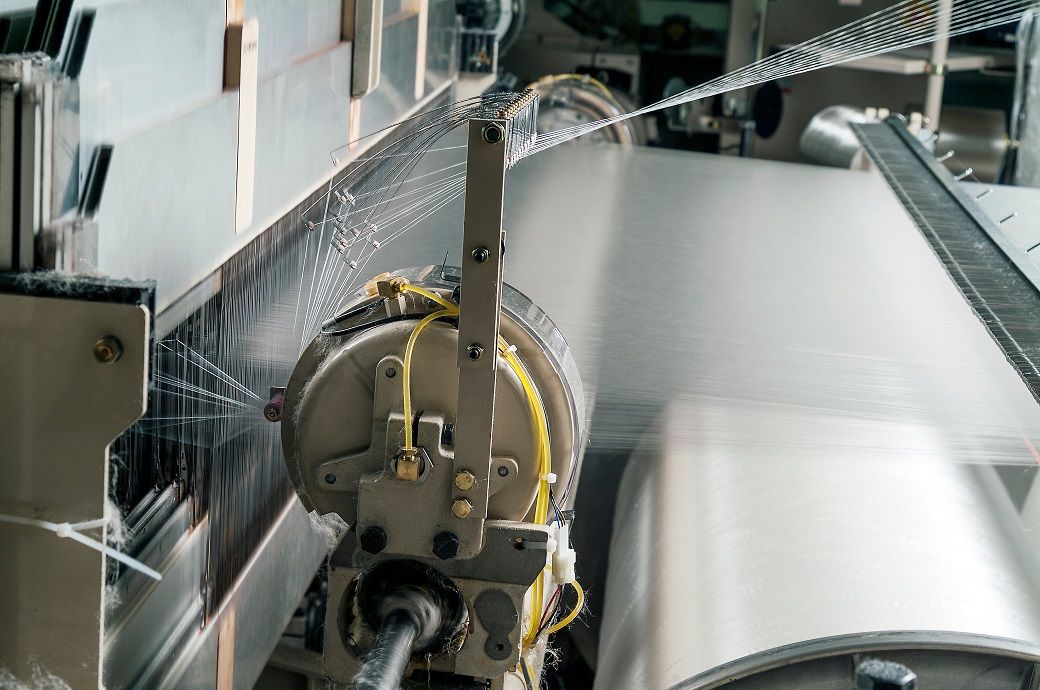
The Gujarat Chamber of Commerce and Industry (GCCI) has urged the Indian government to relaunch the Technology Upgradation Fund (TUF) scheme at the earliest. The Indian textile industry claims that the cost of new projects has increased by at least 35 per cent without the TUF scheme, which expired in March 2022. This higher cost will hinder India's efforts to become a global manufacturing hub.
Speaking to Fibre2Fashion, Rahul Shah, co-chairman of the GCCI textile taskforce, said, “New textile projects have become 35 per cent more expensive. These projects cannot get capital subsidy in the absence of TUF. The subsidy varies between 10-15 per cent for various textile projects. Additionally, the cost of new projects increased due to an increase in the bank interest and weaker Indian rupee against the US dollar.”
Saurin Parikh, chairman of the GCCI textile taskforce, addressed the issue on Wednesday in Ahmedabad. Parikh stated that without the TUF, new projects have become at least 35 per cent more expensive. The Gujarat textile sector is requesting the scheme's implementation with retrospective effect. He mentioned that the TUF scheme ended last March, and although there has been talk of a new TUF scheme, nothing has been announced yet.
Parikh emphasised that government support is essential in spinning, weaving, processing, and garment making to establish India as a global textile hub. A stable cotton supply is necessary for the industry to remain competitive in the global market, and India must focus on increasing cotton yield from the current 500 kg to 750 kg per hectare.
Parikh also brought up the issue of import duty on cotton. He argued that since Indian cotton prices are higher than those in other countries and new spinning mills are being planned, the import duty should be eliminated.
Shah stated that Gujarat's textile sector has attracted new investments worth ₹500 crore since March 2022. Investors were hopeful for the TUF's relaunch and should receive its benefits. Shah also suggested extending the Gujarat government's garment scheme, which ended in October last year. Additionally, he pointed out that the Gujarat Textile Policy will expire in December 2023, and a new policy should be developed to support the industry.
ALCHEMPro News Desk (KUL)
Receive daily prices and market insights straight to your inbox. Subscribe to AlchemPro Weekly!